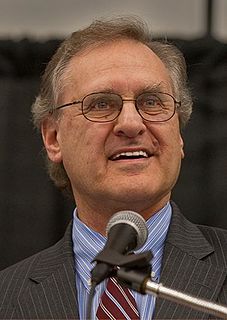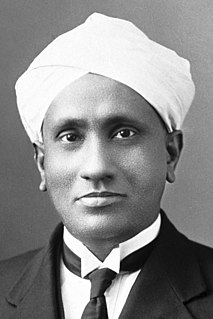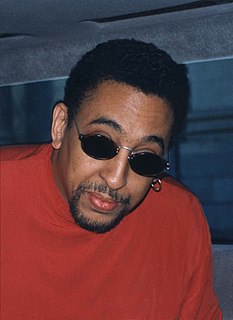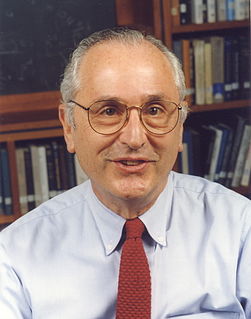A Quote by Martin Ryle
In 1959 the University recognized our work by appointing me to a new Chair of Radio Astronomy.
Quote Topics
Related Quotes
Radio astronomy reflects our fascination with how audio can be used to understand information or ideas. Just as scientists visualize data through charts and pictures, we can use 'data sonification' to translate radio signals into sound that help us better understand some of our most enigmatic planetary systems.
Howard University holds something called "Heart's Day," an all day ceremony in which a writer is honored. I was the recipient of this honor. It's a wonderful ceremony that Eleanor Traylor chair of English at Howard University organizes for writers. Writers from around the country came to pay tribute to my work. It was very flattering.
I studied journalism at The University of North Carolina - Chapel Hill. I did my graduate work at Emerson in Boston, and I was actually a reporter for a year in New York and New Jersey. It dawned on me that I wasn't cut out for that line of work. I mean... there's a certain thing that really good reports have that I just didn't.
These neutrino observations are so exciting and significant that I think we're about to see the birth of an entirely new branch of astronomy: neutrino astronomy. Supernova explosions that are invisible to us because of dust clouds may occur in our galaxy as often as once every 10 years, and neutrino bursts could give us a way to study them.




































